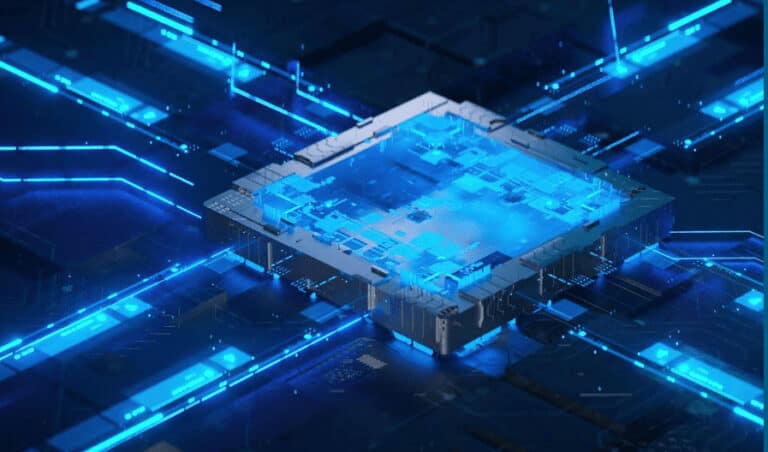The chips were introduced last year, but Intel has not announced any follow-up generations. It says it’s focusing on IDM 2.0 operations, which have led to the end-of-life of the Blockscale ASICs, citing the need to prioritize its investments as the reason for this move.
Intel’s initial entry into the market for bitcoin-mining chips came at a bad time. Its chips only became available right as Bitcoin valuations crashed at the end of the last crypto craze. Intel’s apparent exit from the market comes as Bitcoin is back on the upswing. It recently cleared $30,000 for the first time in nearly a year.
The companies included BLOCK, GRIID Infrastructure, and Argo Blockchain, among others. The chips’ stability was due to Intel’s chip-fabbing resources, which provided several large industrial mining companies with a steady supply of Blockscale ASICs.
Cutting costs
Intel is cutting costs aggressively. The companies worked with Intel to circumvent the volatility of the mostly China-based manufacturers that engaged in wild pricing manipulations based on Bitcoin valuations and were subject to tariffs, supply disruptions, and shortages.
Intel’s move also follows a cost-cutting spree that included selling off its server-building business last week. More cuts were done by killing off Intel’s networking switch business, ending its 5G modems, winding down its Optane Memory production, jettisoning the company’s drone business, and selling its SSD storage unit to SK Hynix.
Additionally, the company has trimmed a few programs. It has shelved plans for a mega-lab in Oregon, and canceled its planned development center in Haifa.
Core competencies
It remains unclear whether Intel will continue to make further cuts to its far-flung businesses. However, the company is committed to slimming down to its core competencies as it weathers some of the worst market conditions in decades. Its competitors, such as AMD, are gaining market share.
Intel has said it will continue to serve its existing Blockscale customers, implying it will satisfy its existing long-term contracts. Intel’s customers have until October 2023 to order new chips; shipments will end in April 2024.
Meanwhile, Intel has scrubbed nearly all of the landing and product pages for the Blockscale chips from its website. The fate of the Custom Compute Group remains uncertain. However, Intel says it has no organizational changes to share at this time.
Also read: Intel discontinues server systems design division
